Luca Guadagnino | 2hr 11min

When aspiring tennis player Tashi first meets doubles partners Art and Patrick at the US Open, she lays out the metaphor at the centre of Challengers quite plainly. “Tennis is a relationship,” she romantically opines, binding opponents in perfect harmony. As long as they are locked in this combative back-and-forth, they see into each other’s minds in a way that no one else could possibly imagine, anticipating and performing manoeuvres with an impassioned, instinctive efficiency.
The pivotal Challenger match woven through Luca Guadagnino’s narrative is clearly the purest distillation of this ethos, telling a story of friends-turned-rivals that only those who bore witness to their journey might comprehend. Art and Patrick’s end goal here transcends merely winning the game – that would be far too simplistic a motive for men with as complex a shared history as theirs. In reality, there is another player here who has taken her place on the sidelines. Tashi may not have played professionally since her career-ending knee injury, but her impact on this match is just as impactful as Art and Patrick’s, becoming the third person in a love triangle that has spent thirteen years fluctuating between cold resentment and fervent desire.
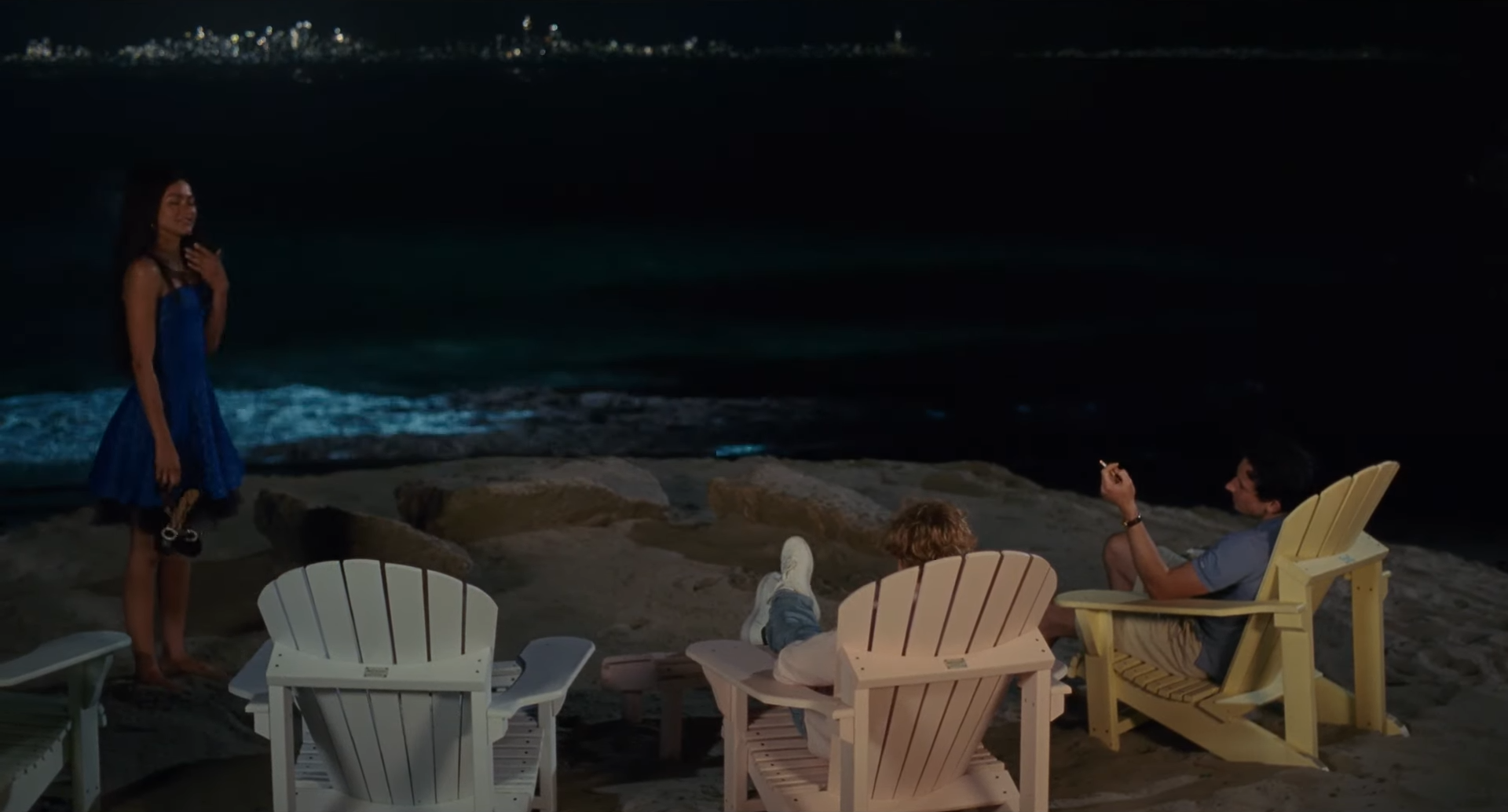
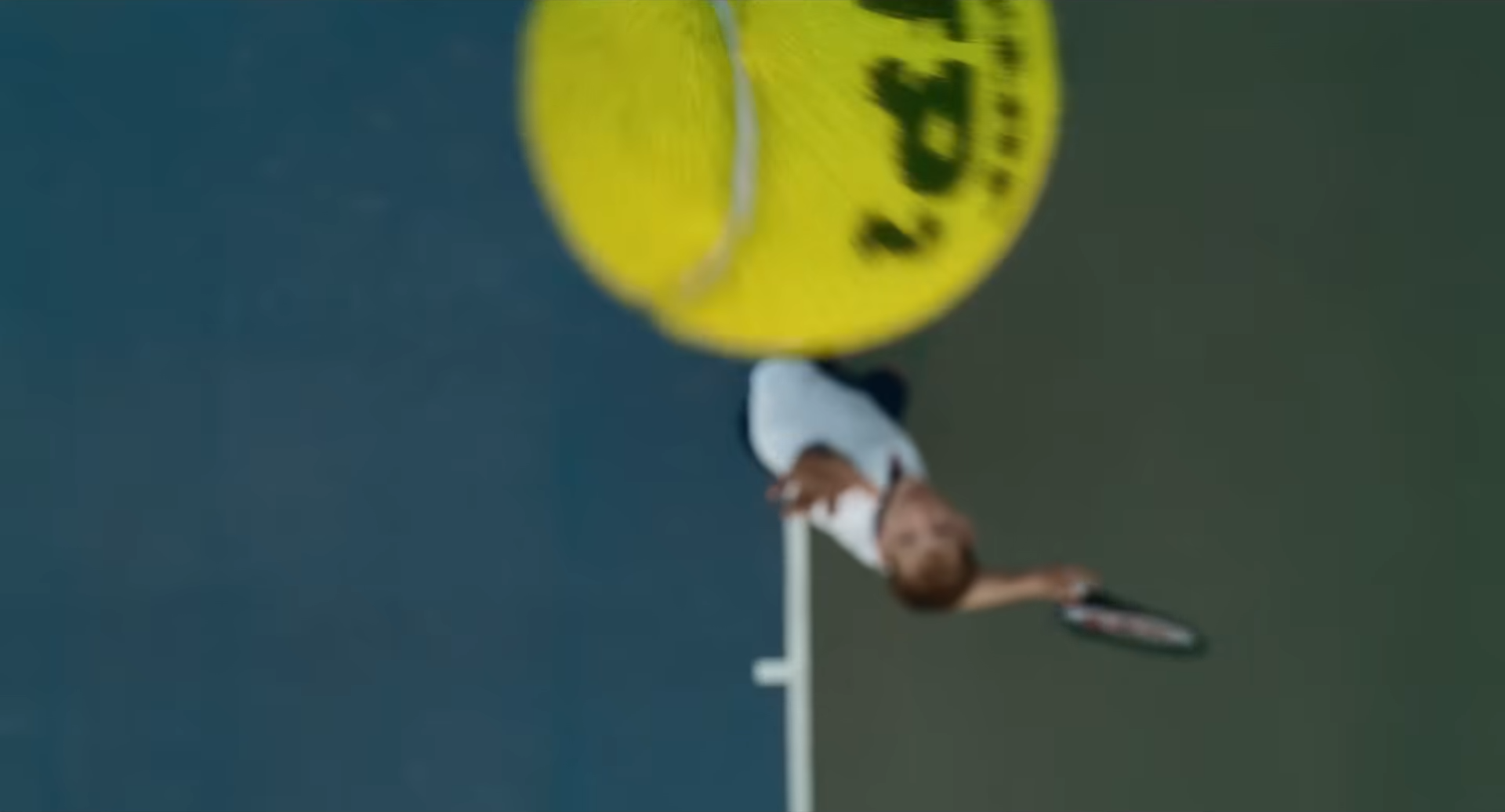
With his laurels resting on the success of Call Me by Your Name, Guadagnino is no stranger to exploring queer romance, and so it should be no surprise that the polyamorous, homoerotic relationship of Challengers remains so compelling throughout its lengthy runtime. From the moment Art and Patrick lay eyes on Tashi at the US Open as naïve 18-year-olds, they are instantly entranced by her vibrant passion and charm, locking their eyes on her side of the court while everyone else’s heads follow the ball. Later that evening, they are astonished to discover that she has accepted their invitation to their hotel room, and even more surprised when their truncated threesome brings their latent bisexuality to light. Whoever wins the junior singles final the next day will have her number, she promises in the aftermath, incidentally driving the first of many wedges between them. Patrick thus claims his prize and begins dating Tashi shortly after, though it is ultimately Art who marries and takes her on as his coach.
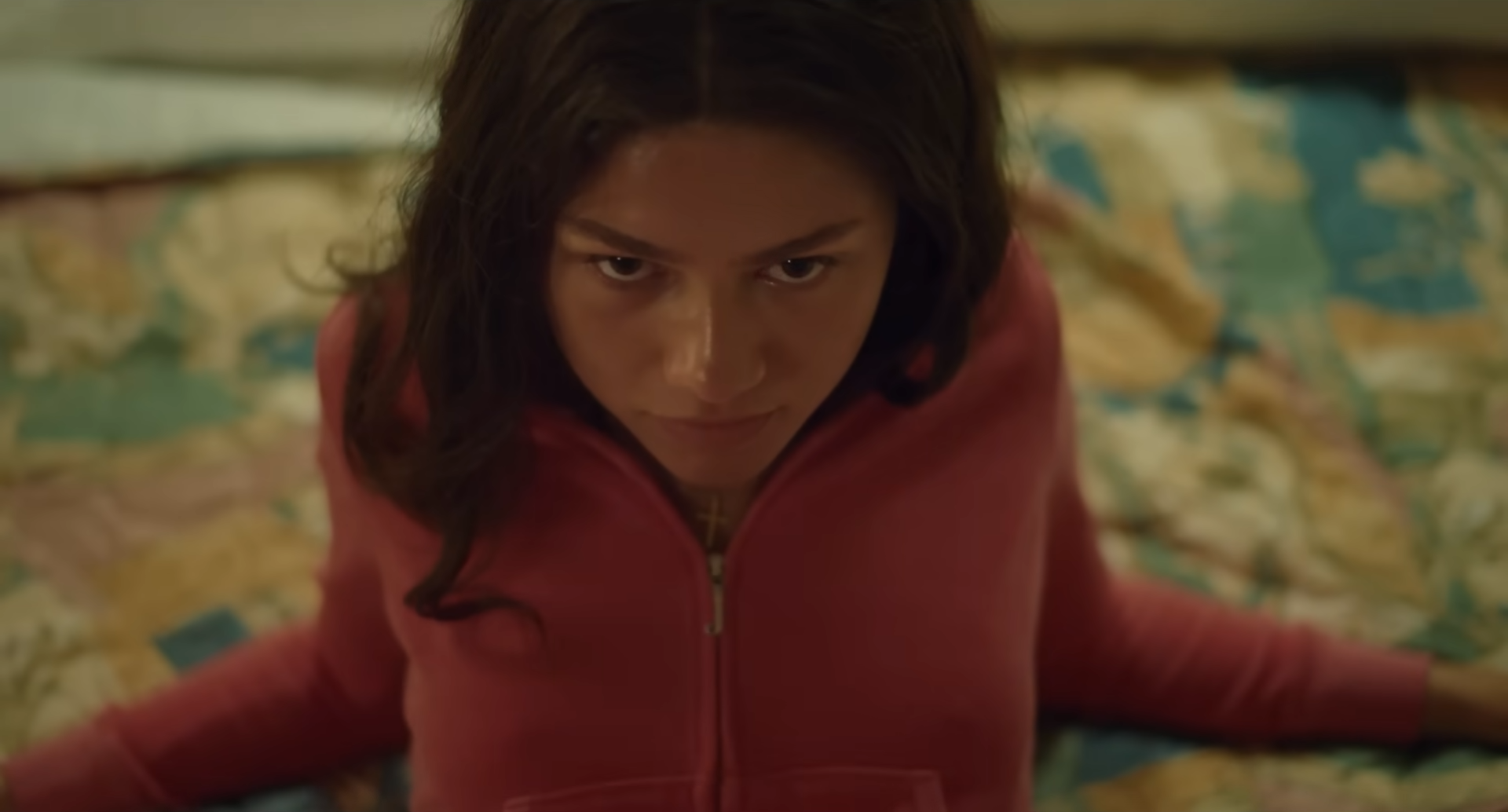
Between this fateful meeting in 2006 and their reunion at the Challenger event in 2019, Guadagnino energetically hops between timelines with incredible deftness, intercutting the years of their youth, the week leading up to their final game, and the climactic showdown itself. As a result, this rich formal structure uncovers hidden signifiers and motivations in Art and Patrick’s decisive match, from a subtle shift in the way Patrick serves the ball to his purposeful double faulting. The editing remains dynamic in the transitions too, gliding across eras through match cuts that seamlessly maintain the narrative’s brisk pacing, and elsewhere shifting between contrasting scenes that bear hidden connections. This is especially evident when Art and Patrick reunite in a steamy sauna before their Challenger game, where Guadagnino breaks up their oddly intimate argument with Tashi and Patrick’s brief liaison eight years earlier. In the years since, Patrick has maintained his fiery passion despite a meagre career while Art has burnt out on professional success, yet both still share a common belief in Tashi as the key to unlocking their true potential.
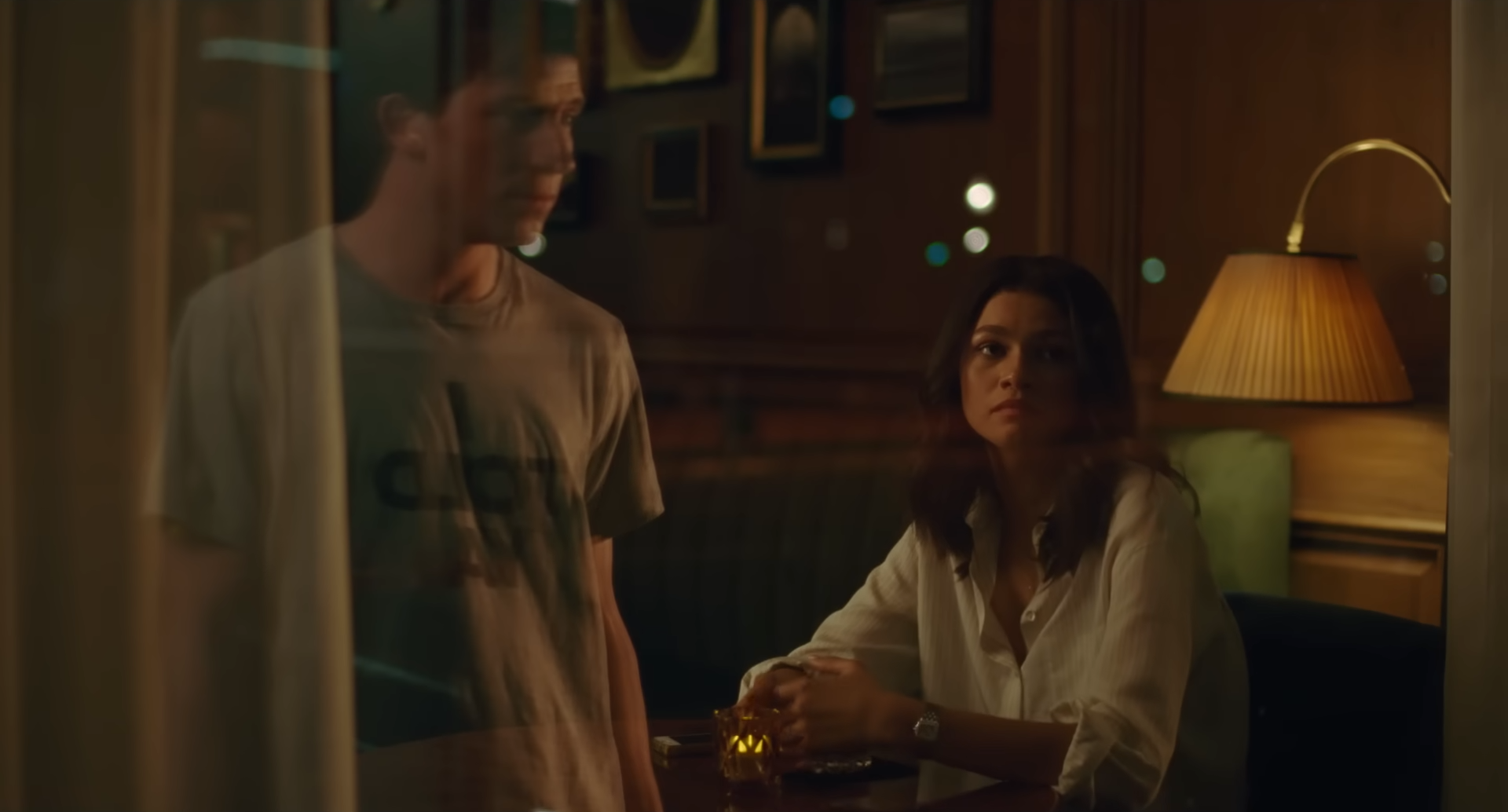
As for where Tashi sits relative to this broken brotherhood, Guadagnino’s opening scene paints a perfect picture, symmetrically aligning her with the net as the camera briskly dollies across the court to her position in the dead centre of the crowd. Challengers is not an extraordinarily beautiful film, but in moments like these he works in vivacious flourishes of style to vibrantly match the temperamental dynamic between Zendaya, Mike Faist, and Josh O’Connor, as well as Trent Reznor and Atticus Ross’ score of propulsive synths. During a pivotal argument between Tashi and Patrick, Guadagnino volleys his camera between both sides as if watching a game of tennis, and later an even greater breakdown unfolds in the middle of a storm furiously whipping leaves of loose paper around them.
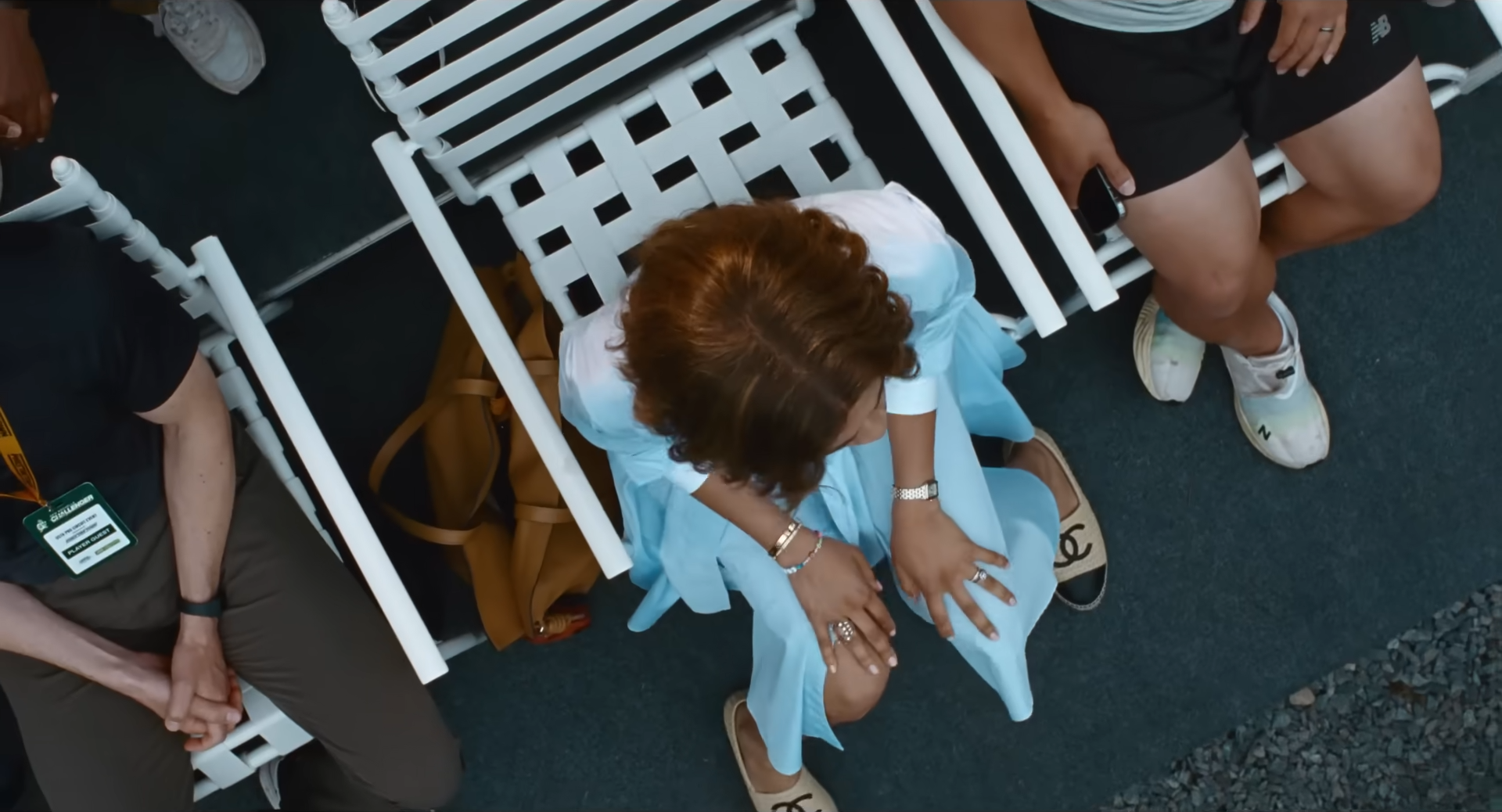
Ultimately though, Guadagnino reserves his most invigorating visuals for the court, where Art, Patrick, and Tashi release their frustration through raw, physical power and skill. Between games, the camera will often patiently survey the field through panning and tracking shots, while during rallies we flinch as Guadagnino lets the ball fly right past the lens. By the time the match interlaced throughout Challengers reaches its final sets, he similarly lets it build to a cinematic apex, making for one of the most thrilling games of tennis put to film. Close-ups keenly observe sweat pour off faces and extreme low angles dramatically peer up from beneath the ground itself, but it is the extreme slow-motion photography which most triumphantly imbues this sequence with stylish tension, apprehensively drawing out split-second decisions and reactions. As this tightly edited sequence approaches its climax, Guadagnino uses Tashi as the division in a split screen and even attaches us to the disorientated point-of-view of the ball, throwing us onto the court like another participant in this match.
Tennis may be a relationship according to Tashi, though by capturing both aspects of these characters’ lives with the same primal passion, Guadagnino pushes this metaphor even further – tennis is sex, revelling in the exhilarating union of synchronised bodies and building to an explosive finish. When it comes to matters of carnal expression, who wins and loses is entirely inconsequential, with such concerns only leading to discontentment. For what is otherwise a relatively inexplicit film, Challengers intersects lust, love, and loathing with electrifying sensuality, fulfilling a mutual desire for intimate connection through relentless, heated competition.
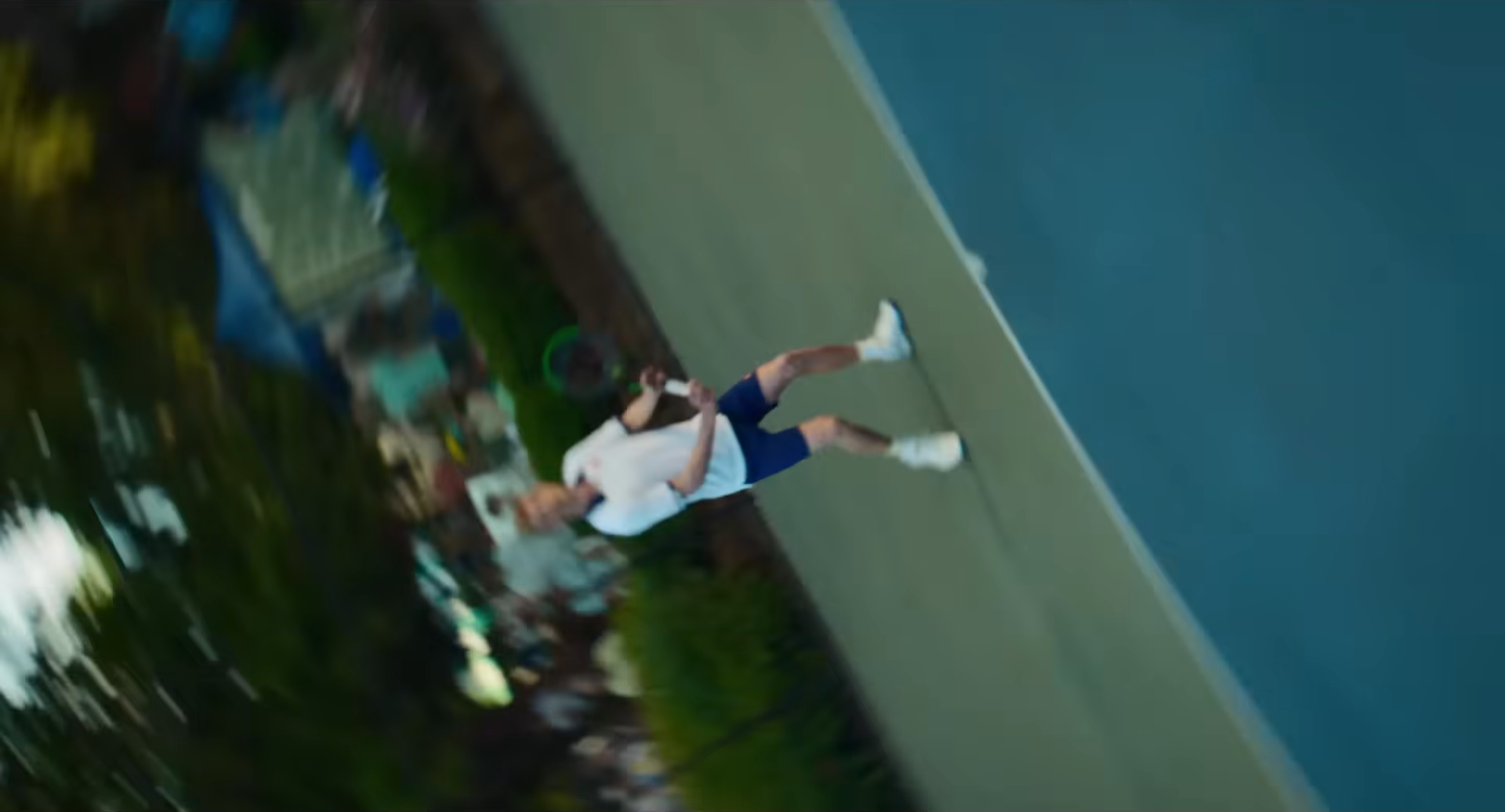
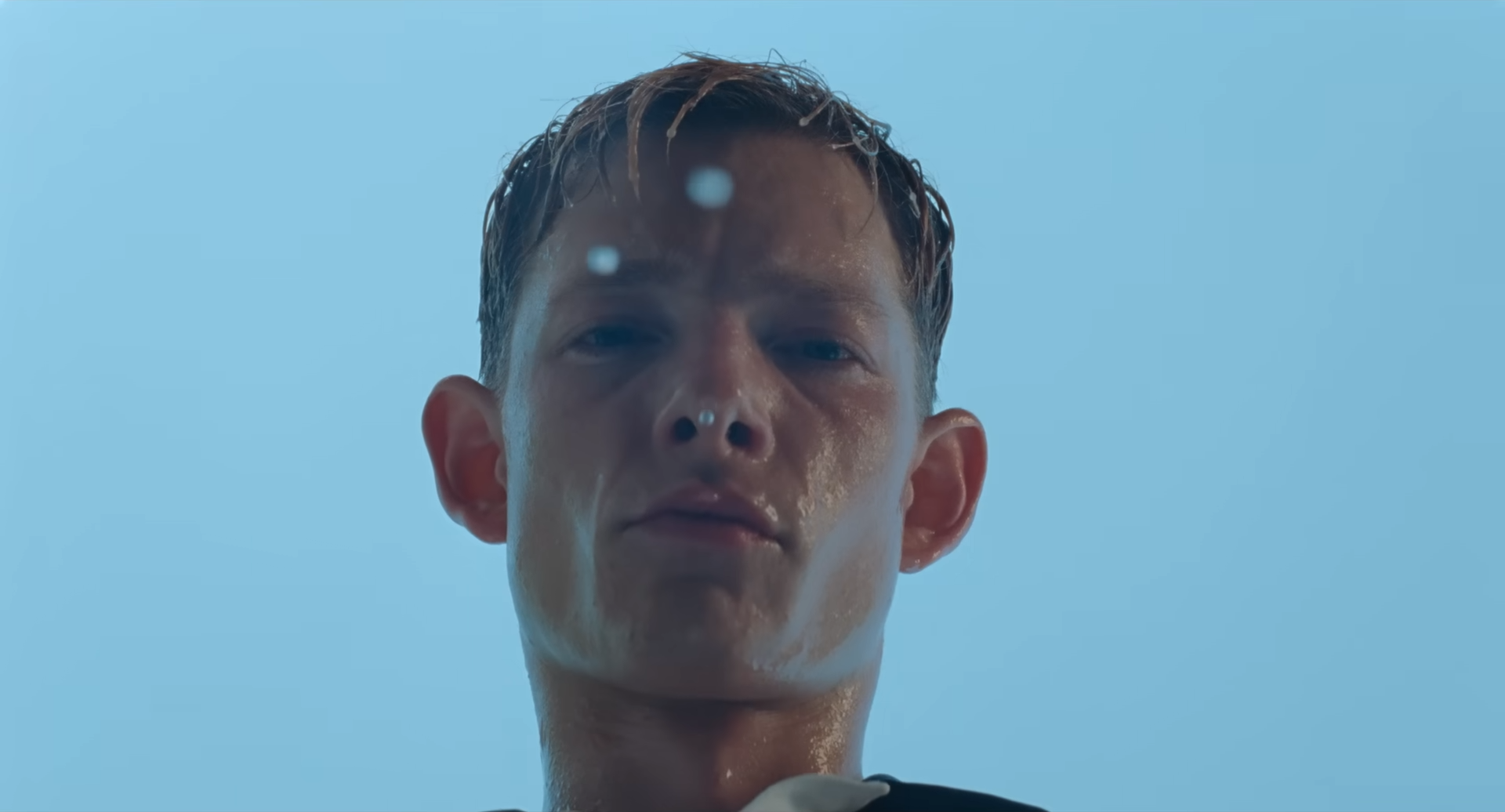
Challengers is currently playing in cinemas.

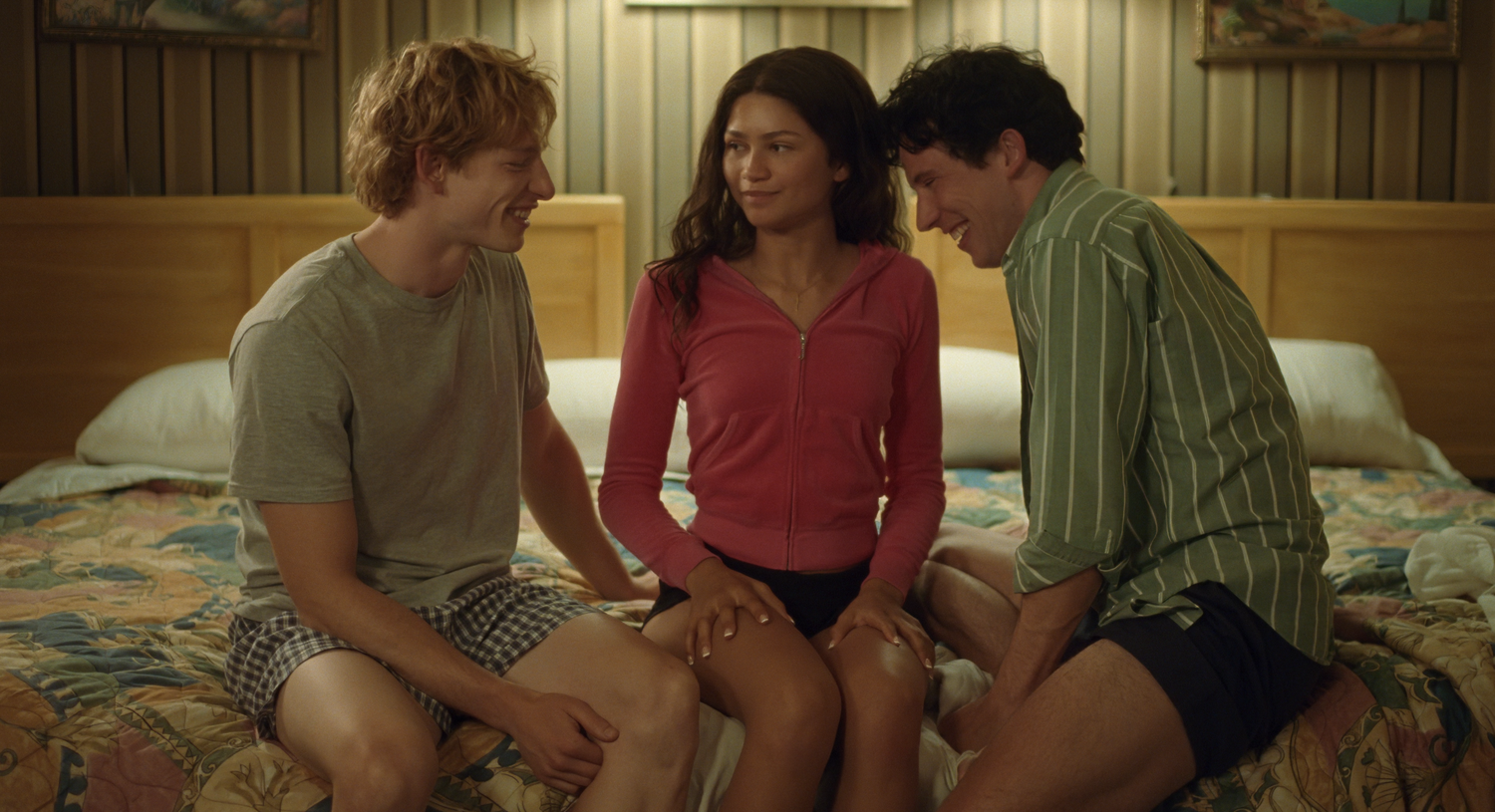
Can you see this film getting any Oscar nominations? However I thought Zendaya’s performance was nothing to write home about bordering on miscasting. However I thought Josh O’connor in particular was great with a devillish smile. Hopefully this can get him an Oscar nomination because he doesn’t have one yet. He is also the lead in Alice Rohrwatcher’s La Chimera? Have you seen that one?
Tough to say this early on, maybe for editing or screenplay. Josh O’Connor is very good in it, but I wonder if he will end up splitting votes with Mike Faist. Haven’t seen La Chimera yet.
I love your dewy-eyed enthusiasm. I found this film to be a bit too much of a tease. Why push the envelope if you’re not going to dive deeper into the characters stories beyond that which defines them in this triangular narrative. Also felt Zendaya’s physical beauty did a lot of heavy lifting here regarding eroticism – but her character was otherwise cold and indifferent – I wanted to know why. But, as I said in my LB review, Josh O’Connor was an absolute revelation for me in this. I love to see actors completely break their previous moulds. So, I three quarters I did enjoy this film, but that one quarter hated it. Especially the drawn out ending. The dynamic score was invigorating, until it became so repetitive as to feel manipulative and found the uber-slow-mo at the end irritating – and the odd, technically illegal fall/embrace over the net was kinda too much. As much as I love thoughtful cinematorgraphy and definitely appreciated that aspect of CMBYN, the flashy veneer of everything made me more and more detached by the end.
I have trouble thinking of what we are missing from the character stories that wouldn’t risk distracting from the main focus of their their personal and professional lives, which I think is a big strength for what it is a fairly long and sprawling film. I don’t feel strongly either way about Zendaya to be honest, but Josh O’Connor surprised me too – I was only familiar with him in The Crown and a small part in Emma.
I honestly don’t think I would rate Challengers as highly without that ending either. There’s pretty much no actual sex in this, but it is still begging for a release, so Guadagnino instead translates that subtextual eroticism into a visual style that makes a game of tennis feel like that sex we are missing elsewhere. It doesn’t have the same subtlety as Call Me By Your Name, which I still hold up as his best, but I don’t believe a lack of subtlety is necessarily a bad thing when it is carried out with style and intention.
I kinda agree with Ross. This is an on the surface exploration of these characters and themes. The Mike Faist character basically has the depth of a cardboard. There is nothing previously in the film or during the game to suggest he is on his way to reconciling with the O’Connor character. And the film does a lot of twists and turns which is in line with today’s generation without delving into any particular theme or being deep/realistic. This would be a big hit on streaming. But nontheless I love 2 sequences in particular. The tennis ball POV scene and the argument between O’Connor and Zendaya with the camera swinging back and forth.
Pingback: 2024 in Cinema – Scene by Green
Pingback: The 10 Best Cinematographers of the Last Decade – Scene by Green
Pingback: The 10 Best Film Composers of the Last Decade – Scene by Green
Pingback: The 25 Best Directors of the Last Decade – Scene by Green